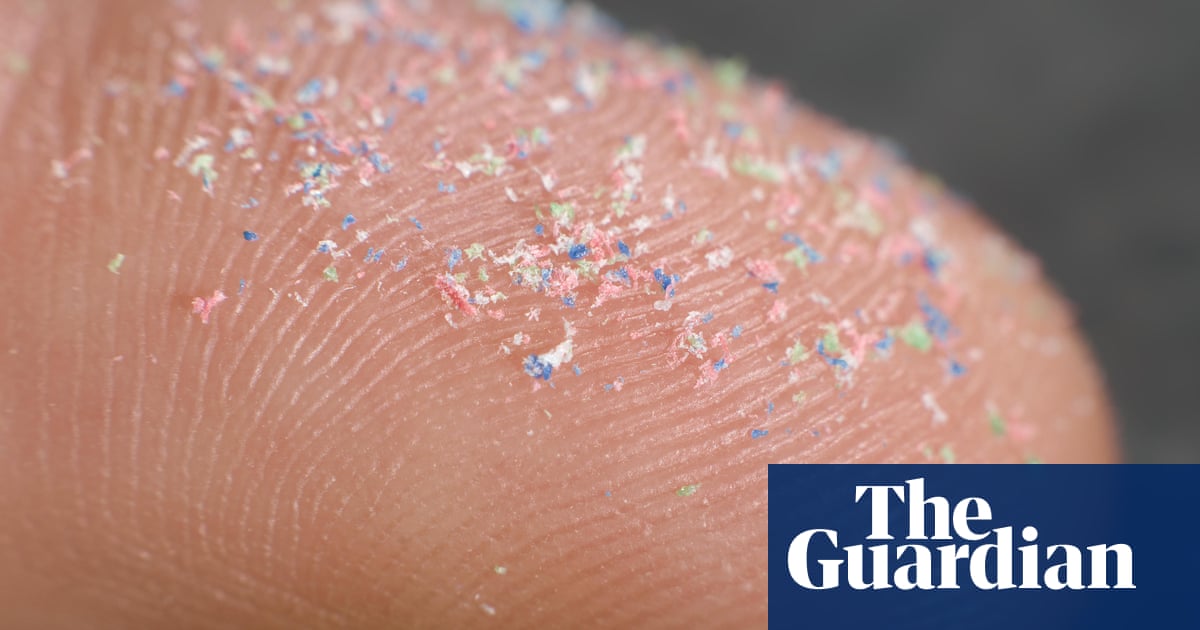Study Reveals Increased Microplastic Contamination in Human Brains Over Last Decade
Recent research indicates significant rises in microplastic levels within human brain tissue, suggesting alarming health implications linked to ubiquitous plastic exposure.
Overview
A study published in Nature Medicine reveals a drastic increase in microplastic concentration in human brains from 2016 to 2024, averaging the equivalent of a plastic spoon per brain. The findings highlight a correlation with dementia diagnoses, though causality is yet to be established. Microplastics pose concerns due to their unknown health impacts, with much still to learn about their accumulation and effects in human tissues. The rising plastic pollution reflects broader environmental challenges, prompting calls for more research and potential public health initiatives to mitigate exposure.
Analysis
Analysis unavailable for this viewpoint.


